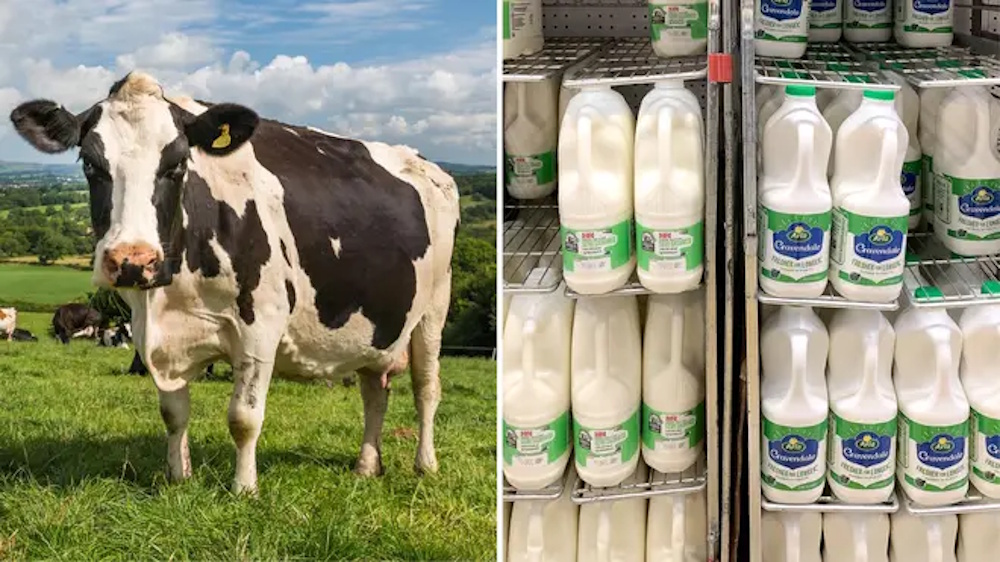Article
The Live Revival: How brands should capitalise on the festival comeback

Myers Witters, part of Diffusion’s internship programme in partnership with 1000 Black Interns, explains why this year’s festival comeback is an opportunity not to be missed for brands.
Festivals occupy an ever-growing role within the UK’s £70bn events market. In 2019, just before the world descended into a pandemic, almost 1,000 music festivals took place across the UK, welcoming 5.2 million attendees.
Pre-COVID, it was easy for brands to utilise the heightened receptivity of customers. They were essentially a captive audience with money to spend, clear purchase drivers, and typically in high spirits from enjoying the overall experience (31%), music (29%), social (25%) and escapism (15%) of a live event.
During lockdowns, organisers had to shift their strategy, or risk losing valuable partnerships and revenue from brands and their customers. Having already swallowed costs from disrupted events, the bottom line became increasingly critical, after months and even years of organisation. We saw a spike in virtual festivals during 2020-2021, in an attempt to recreate a similar space for would-be attendees enjoy the music and culture, which also financially supported musicians, and provided sponsorship opportunities to claw back some of the £375,000 spent on non-recoupable costs for the year. Virtual events were widely adopted during the pandemic, and held the potential to be seen by millions. Take LG Electronics USA, who partnered with YouTube to premiere Global Citizen’s talent-packed show, VAX LIVE in 2021. It was broadcast in the middle Times Square on an LG billboard and later available to stream on YouTube.
Little and large: Why live events are great for businesses of all sizes
It isn’t only large-scale brands who profit from live events. Food and drink vendors, charities, boutiques, craft shops and local hotels all benefit from exposure and sheer footfall from the influx of attendees needing refreshments, entertainment, and a place to stay. Since 2015, total spend on festival sites and at the box office had risen between 151% and 174%, with over 10% of the total £1.75 billion Gross Value Added added to the UK economy going directly to businesses and economies around festival sites.
Here is where smaller businesses thrive, often taking the lion’s share of their annual earnings. But it is also a space where they can incubate their offering and use the live event scene not only as a springboard for large-scale growth, but as part of their brand – Brothers Cider and Pieminister are excellent examples of this.

Taking care of your customers: Irresponsible event management and its disastrous effect on your brand
Consumers are becoming younger, with children as young as seven owning smartphones with access to platforms where they regularly interact with brands, such as TikTok.
When branded live events are advertising to children, there is an obvious responsibility to look after their event attendees and ensure wellbeing. This was sadly thrown into focus at the horrific events at Travis Scott’s personally branded ‘Astroworld Festival,’ where terrible management resulted in tragedy. Unsurprisingly, calls for other brands to terminate partnerships with Scott rolled in, with many of them successful and permanent mark left on his public image.
Looking ahead
Lockdowns are (hopefully) behind us, but covid infections have spiked with the return of live events, which may throw more challenges and regulation the events industry’s way. For now, brands can return to capitalising on opportunities to target vast consumer groups that attend huge festivals, like Glastonbury, Reading and Leeds, as well as smaller, independent festivals with niche audiences.
Overall, brands have adapted exceedingly well to the effect that the virus has had on music festivals. At Diffusion we love to explore innovative strategies to create great exposure for our clients; being music lovers ourselves, we are thrilled that we can enjoy live music again and generate innovative ideas for our clients, whatever is thrown our way.
Myers Witter is part of Diffusion’s internship programme in partnership with 1000 Black Interns, which transforms the horizons and prospects of young black people in the United Kingdom through paid work experience across a wide range of industries.





